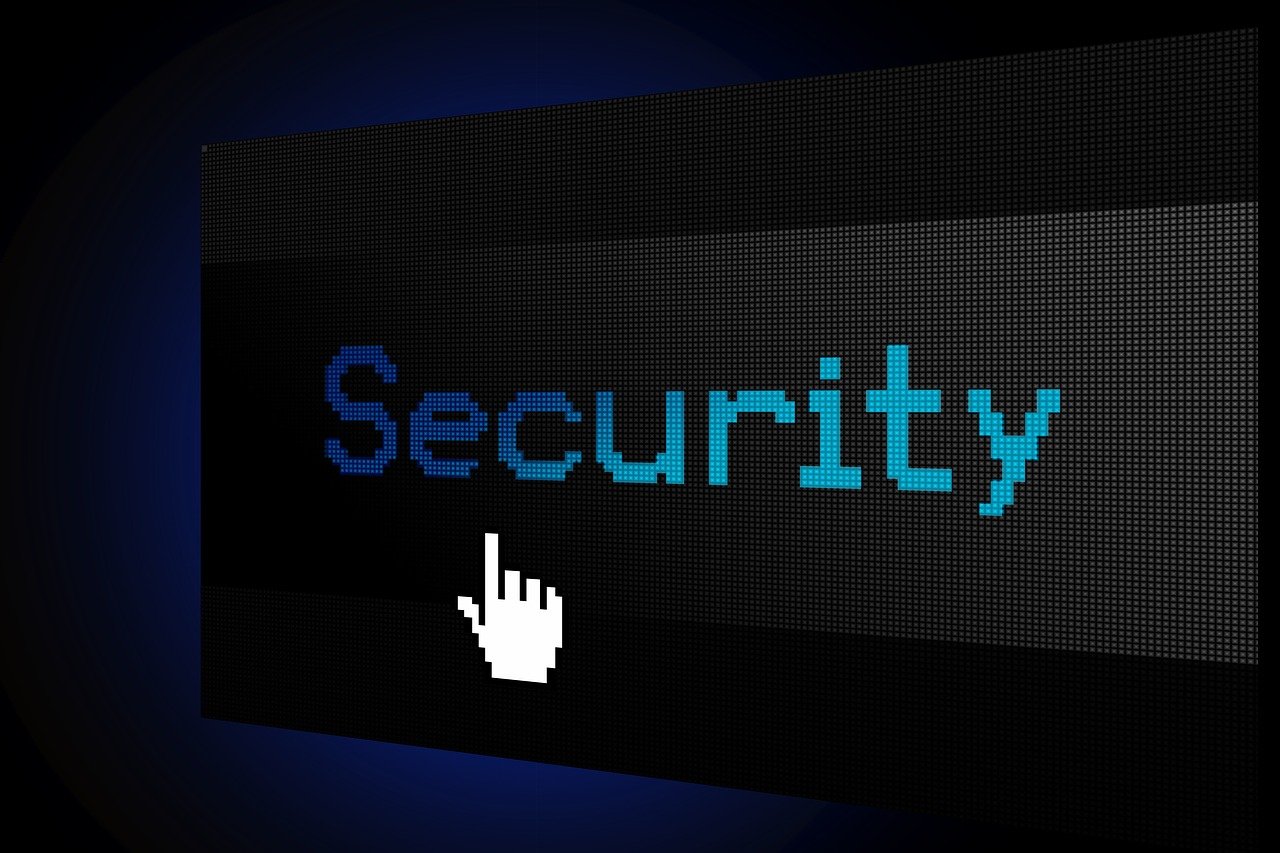In today’s digital age, protecting personal information has never been more important. With an increasing number of cyber threats, data breaches, and leaks, safeguarding your online presence is essential. The recent concerns surrounding hejavasea.me leaks aio-tlp have highlighted the importance of online privacy. Cybercriminals and hackers are always looking for vulnerabilities to exploit, making it necessary for individuals to take proactive steps in securing their sensitive data.
If you’re wondering how to keep your personal data safe, here are some crucial steps to follow:
1. Use Strong and Unique Passwords
One of the most effective ways to protect your data is by using strong, unique passwords for each account. A weak or reused password can make it easy for hackers to access your personal and financial information.
- Use a combination of uppercase and lowercase letters, numbers, and special characters.
- Avoid using easily guessed passwords like “123456” or “password.”
- Consider using a password manager to securely store and generate complex passwords.
2. Enable Two-Factor Authentication (2FA)
Two-factor authentication (2FA) adds an extra layer of security to your accounts. Even if someone manages to steal your password, they won’t be able to access your account without the second verification step.
- Enable 2FA on all your important accounts, such as email, banking, and social media.
- Use authentication apps like Google Authenticator or Authy instead of SMS-based 2FA, which can be vulnerable to SIM swapping attacks.
3. Be Cautious with Public Wi-Fi
Public Wi-Fi networks, such as those in coffee shops, airports, and hotels, can be unsafe. Hackers often exploit these networks to intercept data.
- Avoid accessing sensitive accounts (e.g., online banking) while connected to public Wi-Fi.
- Use a Virtual Private Network (VPN) to encrypt your internet connection and protect your data.
4. Monitor Your Accounts Regularly
Keeping an eye on your accounts can help you detect any unusual activity early. Many people fall victim to cyberattacks simply because they don’t monitor their online presence.
- Set up alerts for unusual login attempts or changes in account settings.
- Regularly review bank statements and credit reports to identify unauthorized transactions.
- Use identity theft protection services for added security.
5. Be Wary of Phishing Attempts
Phishing attacks are one of the most common methods used to steal personal information. Cybercriminals often disguise themselves as legitimate organizations to trick people into revealing sensitive details.
- Do not click on suspicious links in emails, texts, or social media messages.
- Verify the sender’s authenticity before providing any personal information.
- Look for signs of phishing, such as misspelled domain names or urgent requests for sensitive data.
6. Keep Software and Devices Updated
Outdated software can contain vulnerabilities that hackers can exploit. Keeping your devices and applications up to date helps protect against known security flaws.
- Enable automatic updates for your operating system, apps, and antivirus software.
- Remove unnecessary apps that you no longer use to minimize security risks.
- Install a reputable antivirus program to detect and prevent malware infections.
7. Be Mindful of Social Media Sharing
Many people unknowingly expose their private information on social media. Cybercriminals can use publicly available details to steal identities, access accounts, or launch targeted scams.
- Adjust your privacy settings to restrict who can see your posts.
- Avoid sharing sensitive information like your address, phone number, or travel plans.
- Be cautious when accepting friend requests from strangers.
8. Secure Your Email and Cloud Storage
Your email account is often the gateway to many other online accounts. A compromised email can lead to severe security risks, including unauthorized access to financial and personal data.
- Use a strong, unique password for your email account.
- Enable 2FA to prevent unauthorized access.
- Encrypt sensitive files before storing them in cloud services.
9. Delete Unused Accounts
Old accounts that you no longer use can still contain personal information. If they get hacked, your data might be exposed.
- Delete old accounts you no longer need.
- Use websites like haveibeenpwned.com to check if your email has been involved in a data breach.
10. Educate Yourself and Stay Informed
Cyber threats constantly evolve, making it crucial to stay informed about the latest security practices.
- Follow cybersecurity news to stay updated on potential threats.
- Educate family members about safe online practices.
- Invest in cybersecurity courses or training if you handle sensitive information.
The Importance of Staying Proactive
With incidents like hejavasea.me leaks aio-tlp raising concerns about data security, taking a proactive approach is the best way to safeguard personal information. Cybercriminals are always looking for new ways to exploit vulnerabilities, so staying vigilant is key.
By implementing these security measures, you can significantly reduce the risk of personal data leaks and enjoy a safer online experience. Always remember: privacy matters, and protecting your information should be a top priority.

Leave a Reply